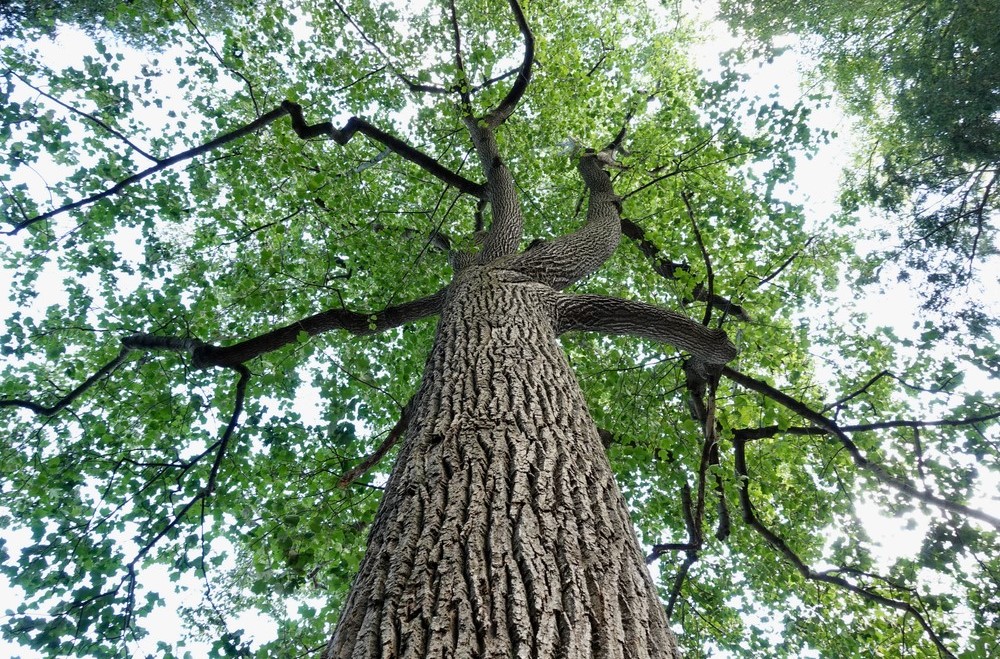Close your eyes. Before lockdown, before the Holiday Farm fire,
before you used a cane or shopped online
for wheelchairs, before half your life was winter
and the other half
a recovery from winter—
you hiked the narrow path
into a green cathedral
high in the Cascades wilderness, pressed yourself
into the knotted roots of a douglas fir,
and listened. It was eight years ago, and only once,
but that day made a door inside you. On one side, time
pulls your body deeper into the earth, fires sweep the forest,
you mourn the living and tend the dead. On the other side, a waiting convocation
of pacific silver firs, douglas firs, western red cedars, incense cedars, and hemlocks
growing or fallen, bark and branches draped in moss
as if the whole place just rose from an age in deep water.
Up here, the research station is a half-remembered dream.
You are the only human among migrating roughskin newts, douglas squirrels,
three woodpeckers who tap out their rounds unseen.
Beside your seat of fir needles and loam, a once-upright trunk
learns its new role as food, home, shelter, witness. A barred owl’s call
electrifies the silence, and soon another answers from down the ridge
until the whole forest vibrates in you. Syrinx to sapwood to spine.
Remember how it felt to fill your lungs so deeply
that your only sound was song?
D. Allen is the author of A Bony Framework for the Tangible Universe (2019), a finalist for the Minnesota Book Awards. This poem was written about the H.J. Andrews Experimental Forest, with special thanks to Fred Swanson.
